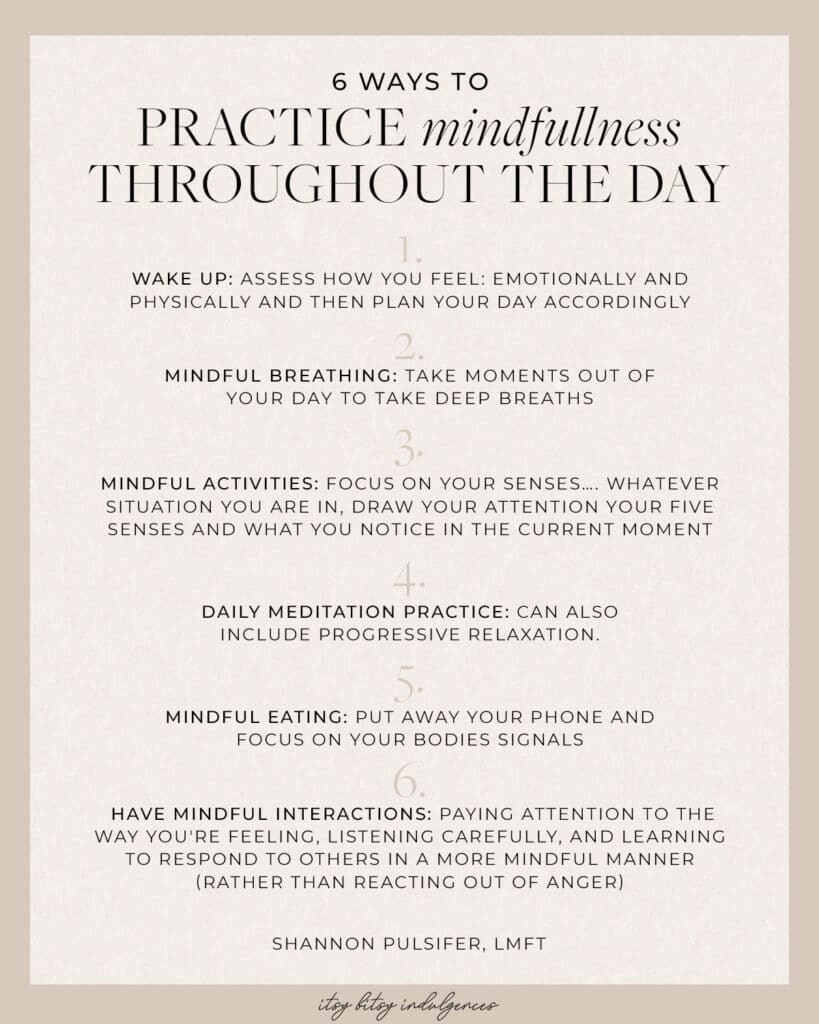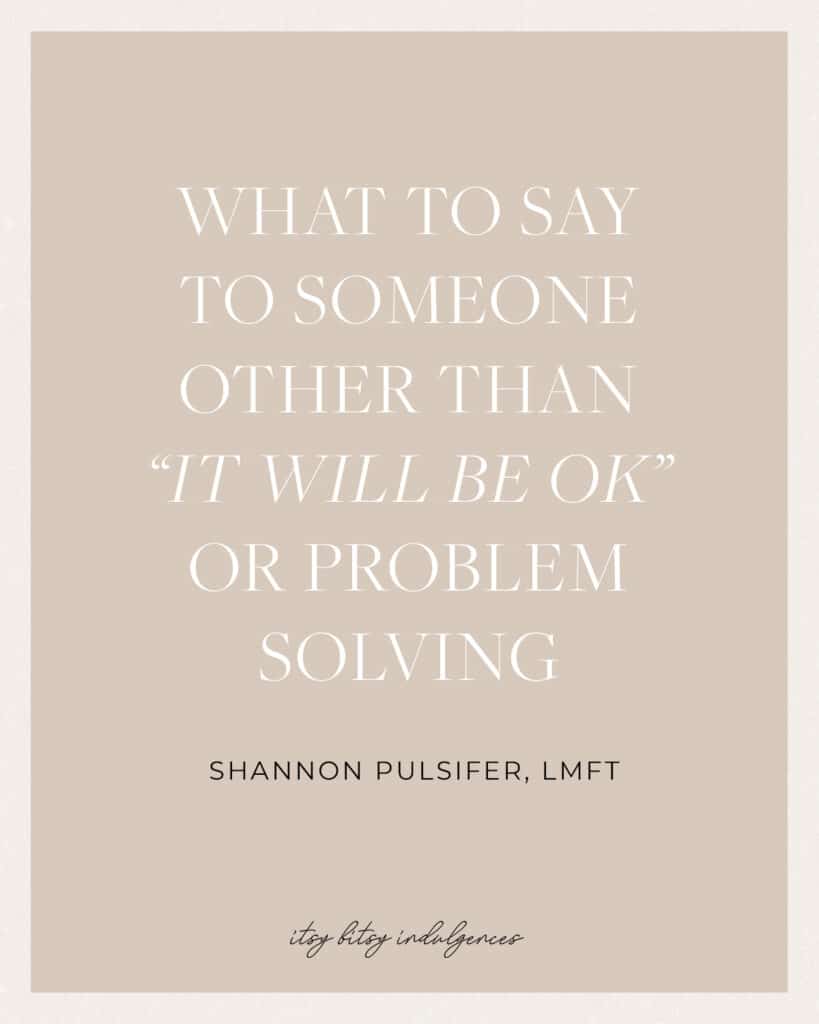Money is a funny thing. I remember when I went off to college I thought that because I was suddenly Miss. Independent (well, not really…) that meant I could spend whatever I wanted, wherever I wanted. I can vividly recall my second week of college, walking into Abercrombie & Fitch. I decided that I could buy whatever I wanted and confidently walked up to the cash register with a pair of jeans, a skirt, and an “I had to have it” top. I, ever so cooly, handed over my parent’s credit card (which had my name on it for emergency purposes. Obviously this was an emergency.). It only took two days before my mom politely asked me what I thought I was doing. I responded that the allowance she and my father were providing me with, on a weekly basis, would cover my purchases. She kindly explained to me what the purpose of that allowance was (it was not for me to shop and survive on beans) and that we needed to sit down and further discuss college finances. And so began my first “real life” exposure to budgeting (because I don’t consider my weekly allowance growing up any type of real life exposure).
Part of what I love about where I am now is being able to laugh (and cringe) at some of those experiences. I also love that I have such accomplished friends who I can turn to for a myriad of advice. I have friends who are lawyers (hopefully I don’t need their advice so much), CFA/CPAs, dedicated moms, PR representatives, and marketing gurus. When I received an e-mail, from a reader, a while back asking me about budgeting in college, I contacted my girlfriend who is an accomplished CFA and asked her to put together her top 10 advice to women trying to budget, yet still enjoy those “itsy bitsy” indulgences in life. Due to the ethics of her field, she will remain anonymous, but I truly appreciate this advice she has put together and hope that it is of some assistance to anyone out there who feels that the world of money is oh-so-confusing at times! Here are her top 10 tips for becoming financially savvy!
1. Set financial goals (big and small): What is it that you need to spend money on and what is it you want to spend money on? First things first, you need to pay rent. But once you’ve paid those “fixed” expenses (things you ABSOLUTELY need – rent, car expenses, utilities, food, etc.) and if you have extra cash each month, you can save and spend it towards those “discretionary” (aka not totally necessary but definitely worth it) items like shoes and travel!
2. Establish a budget (aka a “spending plan”): Without a spending plan you risk overspending on those “occasional” shopping sprees and risk not having enough when your best friend really just needs a girls night out but you don’t have enough for happy hour. Download a budget spreadsheet online.
When creating your budget you need to pay your bills first, but don’t forget to work in that amount for you to spend on your itsby bitsy indulgences each month.
3. Use mint.com (or some site like this): I swear by this kind of thing. Once you’ve determined your budget, you can set it up online to track your spending. You link all of your bank accounts, credit cards, and savings accounts, even your 401k. It makes it easy to track what you spend and save. You can set financial goals and monitor your progress online.
4. Take a weekly money moment: Take 10 minutes once a week to log into mint.com to check your transactions and categorize your spending. It’s also a great way to managed money as a couple.
5. Make a debt repayment plan: If you’re like most people out of college and starting out on your own, you have some debt to repay. First, determine how much you have, then make a plan to tackle it! Pay off the most expensive debt first (your loans or credit cards with the highest interest rates).
6. Build an emergency reserve: Depending on whether you are single or married, a good rule of thumb is to save 3-6 months worth of living expenses. Use this to hold you over in case of an emergency. If you lose your job, for example, you’ll have a savings cushion to keep you afloat until you land your next gig.
7. 401k Employer Match: If you have an employer match its basically a cardinal sin not to take advantage of it! Put in at least what they are offering to match. This is free money!
8. Save for Retirement Now: I always encourage people to save as early as they can and as much as they can. Target to save 15%-20% to your 401k. It might sound like a lot, but a rule of thumb is to save between 15%-20% of your income to be able to retire in 30+ years on your current earrings. We all want to retire some day and the sooner you start saving, the faster that day will come. If you don’t have a retirement plan through work, open an IRA (Individual Retirement Account) and save there.
Check out this other retirement rule of thumb from Fidelity.
9. Invest wisely: You don’t want your long term savings to just sit in cash when you could be earning interest. Yet, it’s important to invest your savings appropriately. Just like no pair of skinny jeans fits the same, it’s the same with investments. Your choices are endless but investments all work differently. Make sure you talk to a professional or an investment savvy friend to invest your money for your specific needs, time horizon, and your risk tolerance.
10. Get (DISABILITY) insurance : Here’s the deal. The odds of you becoming disabled and not being able to financially provide for yourself are greater than the odds of you loosing your life at a young age. Yet, this is what most people insure with life insurance. Disability insurance is usually the least considered. Ask yourself, who would pay your bills and provide for you financially if you became permanently disabled or really sick for six months? Maybe your spouse, but could they afford it on one income? To insure your financial stability in the worst case scenario get a disability insurance policy to cover 60% of your income (typically the max you can get). Your employer may have a company paid plan. If not…the good news is these policies are fairly cheap to buy on your own if you get them young.
There is a lot to consider here and pulling your financial life together is not easy to do on your own. I strongly recommend that people young, and old, work with a financial planner (look for a CFP) to help you get off to the right start and stay on track long term. You can find financial planners on CFP.org or check out a fellow gen Y woman, Sophia Bera, who works with young people all over the country. Or, for a more techy, online version, check out LearnVest.com where you work remotely with a CFP and use their proprietary online tools to manage your finances.













